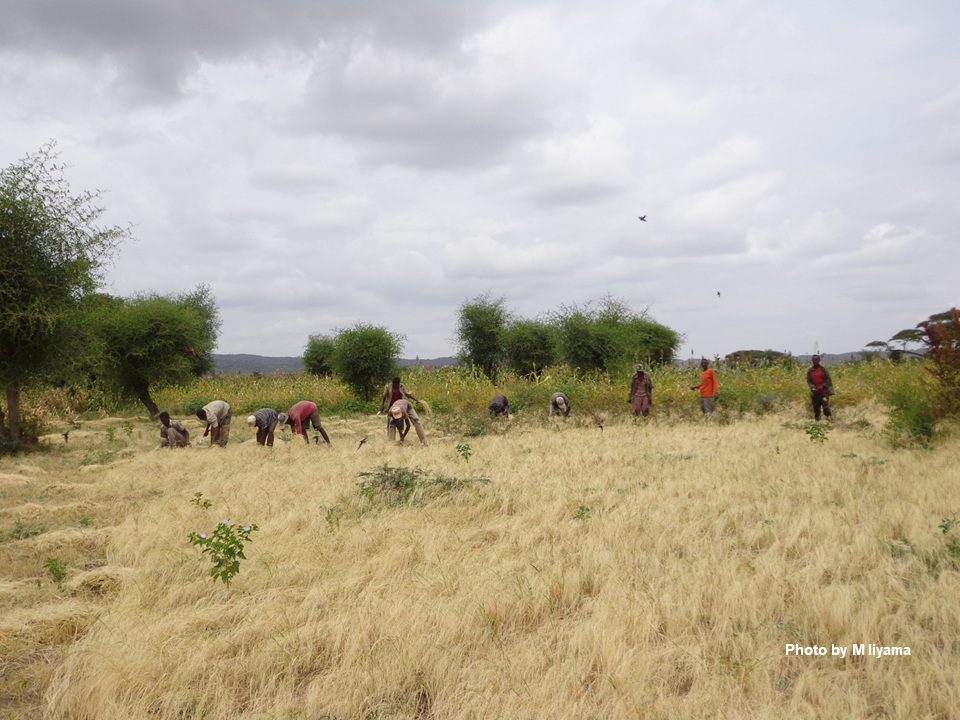Pick Up
871. African Food Systems

871. African Food Systems
In recent decades, there has been a remarkable global improvement in food security indicators, driven largely by China's economic growth. In contrast, Africa continues to face persistent challenges of hunger and malnutrition. In recent years, the situation has been exacerbated by the combined effects of climate change, the COVID-19 pandemic, geopolitical conflicts and subsequent supply chain disruptions and price volatility. As a result, some countries and regions face the threat of famine in the midst of extreme weather events and conflict. Addressing and accelerating change to address these issues will require a fundamental transformation of the African continent.
A recent article in Nature Food sheds light on the African food systems, highlighting the hurdles to ending hunger and achieving sustainable food system transformation that were discussed at two key summits held in early September: the African Food System Summit in Dar es Salaam, Tanzania, and the African Climate Summit in Nairobi, Kenya. The following are excerpts from the article summarizing the discussions at the two summits.
The dysfunction of Africa's food system, particularly its failure to provide nutritious, sustainable and accessible diets, is inextricably linked to poverty. This relationship is complex and multifaceted, involving historical trade imbalances and development models ill-suited to Africa's unique realities, often borrowed from very different contexts.
In addition, some organizations and institutions seek to promote agricultural development without involving local stakeholders and without taking into account context-specific circumstances. In some cases, these strategies prioritize high yields of cash crops for export, ignoring the impact on local communities, the environment, and the efficient use of resources. This approach not only misses the opportunity to invest in a diverse, nutritious and resilient food system that includes everyone, but can also lead to environmental degradation, disruption of social structures, marginalization of smallholder farmers and the perpetuation of hunger.
In recognizing the need for comprehensive engagement, it is important to understand that there is no one-size-fits-all solution to the food system crisis. It is imperative to tailor multiple solutions that take into account the diversity of actors in the private and public sectors, both large and small, under a shared vision. Each solution should be fine-tuned to the challenges and opportunities unique to each region.
While acknowledging the promising ideas put forward at the African Food Systems Summit, particularly the commitment to invest in smallholder farmers and women, the editorial underscored the urgency of accelerating actionable change. It emphasized two critical conditions for this: first, that change must come from within communities, respecting cultural nuances and adapting to Africa's evolving realities, such as burgeoning population growth, urbanization, technological advances and evolving business trends. Second, it emphasized the importance of addressing market and policy conditions that perpetuate poverty at both the individual and macro levels. These conditions include unfavorable trade agreements and the global rise in imports of highly processed, unhealthy foods. Counterbalancing such trends requires consumer protection mechanisms that work through strengthened bargaining power and effective regulation.
Reference
African food systems. Nat Food 4, 733 (2023). https://doi.org/10.1038/s43016-023-00855-1
Contributor: IIYAMA Miyuki (Information Program)
